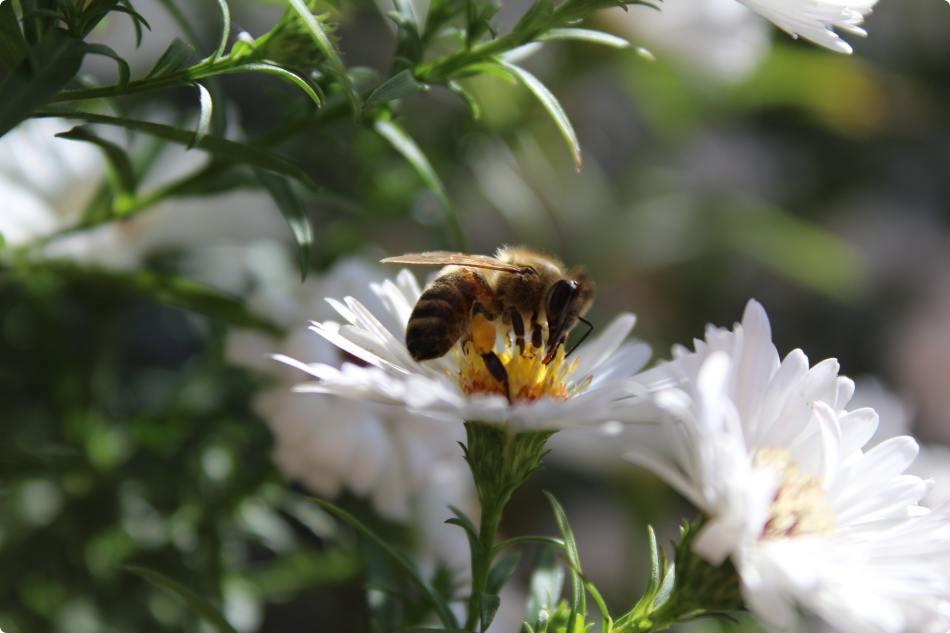Not everyone is blessed with green space, especially those living in flats or maisonettes. However, just because you’re lacking a traditional lawn, it doesn’t mean you too can’t get your thumbs a little green.
For those with either access to a roof or balcony, these bare spaces can provide a wonderful canvas for your own mini-garden, with plenty of different options for design that means even a gardening novice can enjoy the benefits.
Our Happy Homes report found that having access to a green area gives a major mood-boost, promoting better well-being at home. Not only this, creating a stylish garden (even a small one) can even help to increase the price of your home.
So if you’re interested in taking on a leafy new project, here’s everything you need to know...
Can your balcony/roof support a garden?
The first question you need to ask when looking at your roof or balcony is whether or not it’s load-bearing. This is especially important for roofs as some will lack the structural support needed for holding heavy containers or beds.
A good way to assess whether or not your space is suitable is by looking at your access point. Roofs and balconies with doors leading directly onto the space are very likely to be load-bearing. The only time this might not be the case is if you’re living in a period property that wasn’t subjected to modern building regulations.
If you’re not sure, we recommend getting in a structural engineer to assess the space.
Planting your garden
When it comes to planning out the design of your garden, you’ll need to be realistic about your space. How much room do you have to work with? Can you afford to lose any of the floor space?
For smaller spaces, you might consider hanging window boxes to your railings, maybe limiting yourself to only one or two containers. Another option to explore would-be climbers and wall shrubs, as these can travel up the side of your home, adding greenery but without taking up too much space.
If you have more space to play with then you might want to explore…
- Raised beds
- Containers, such as terracotta pots
- Garden furniture
- An insect hotel
- Bird feeders
- Compost station, such as a wormery
Of course, installing any of these will depend on how easy your garden is to access. If you have to go up a lot of stairs, carting up bags and bags of soil or carpentry equipment isn’t recommended.
And lastly, there are those considerations all gardeners must face: how much sun does your space enjoy? How strong is the wind in your area? How warm or cold does it get? These factors will have to play a part in what plants you choose to go with.

Plants to consider
You’ll be amazed at what you can grow, even in a small space.
Not only can you raise flowers and grasses, but you can even grow your own veg, either through small raised beds or in containers. If you’re new to vegetables, we recommend starting small for your first season. Try growing lettuces or hardy herbs, such as thyme or sorrel. Then, as you get more experienced, you could branch out into all manner of items: courgettes, squash, even tomatoes.
Even trees aren’t necessarily ruled out. If you’ve got the space and a pot that’s large enough, there are all kinds of small varieties you might consider - even fruit trees.
Now before you go rushing off to the garden centre, remember to do your homework. Often, the main reason plants die is the conditions they need weren’t considered. While planning out what plants to buy, make sure you’re considering…
- How much sun it needs
- How much watering
- Soil requirements
- What plants it can be near
- How long your plant will live - they’re not immortal!
Adding a balcony to your home
If you don’t already have a balcony, you might consider adding one to your home. This a great way to add new space but you will need to bear in mind they can be a bit of a challenge when it comes to planning.
Unlike other extension projects, balconies don’t fall under permitted development rights, unless it’s of the Juliet variety which doesn’t offer any space for standing. Therefore, it’s recommended you get an architect on board to handle both the design of your balcony and the planning application, this should give you the best chance of first chance success.
You’ll also need to save budget for your building regulations, as at a bare minimum, you’ll require a structural engineer to help make sure your new garden space stays standing.
Want to learn more about adding a balcony to your home? At Resi, we offer free consultations to homeowners nationwide, so no matter what project you’re considering, there’s always an expert to hand! Book yours now.




















